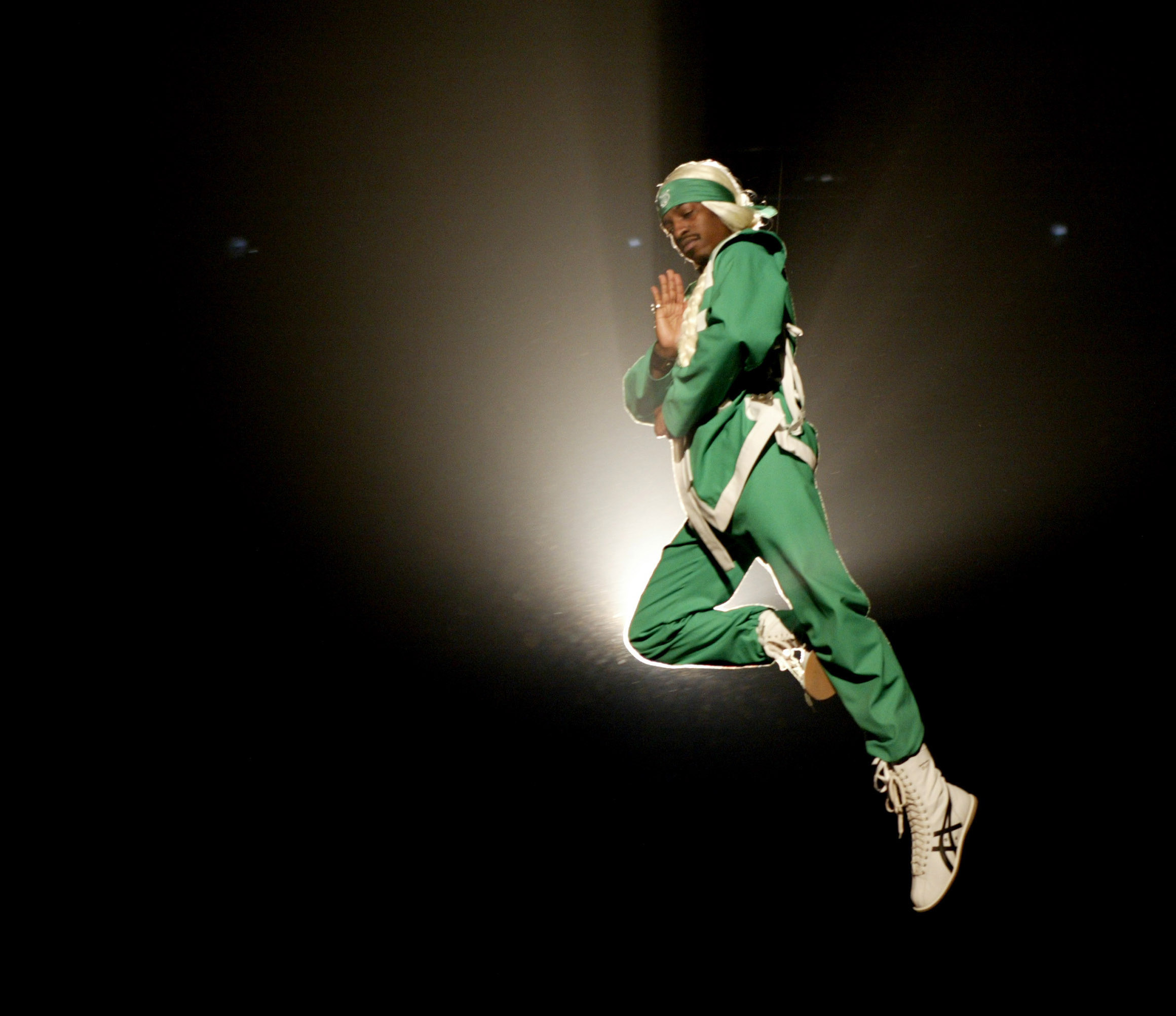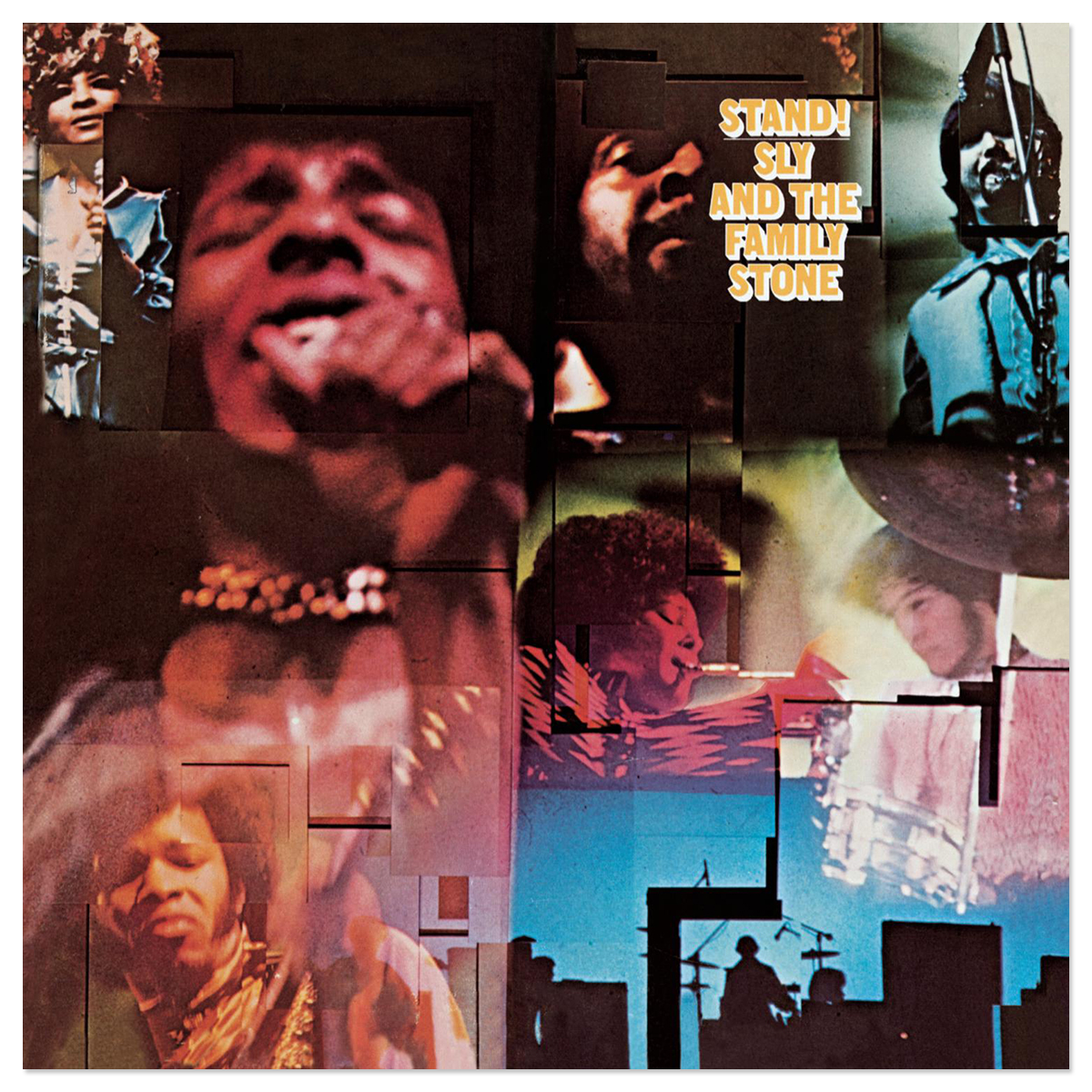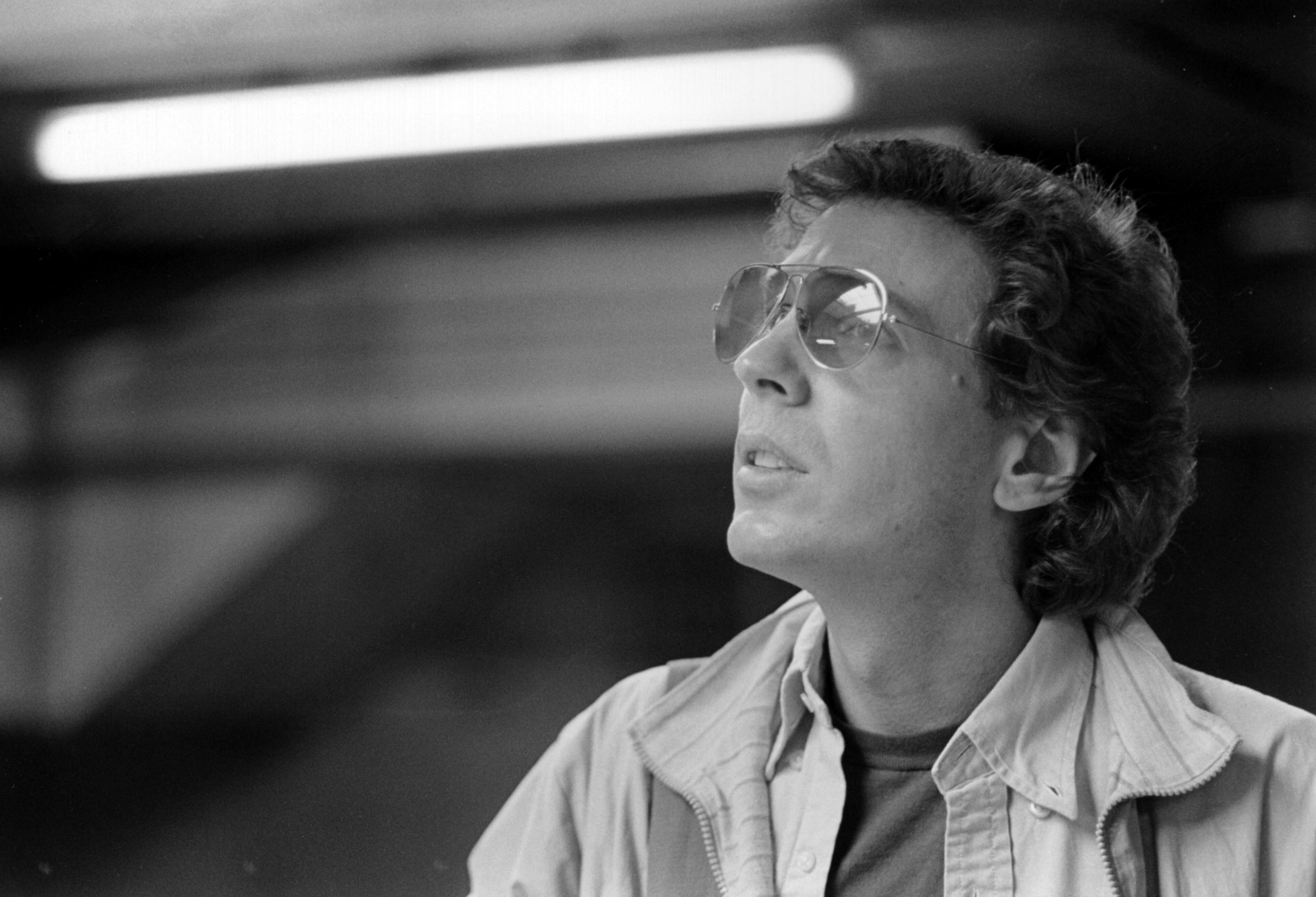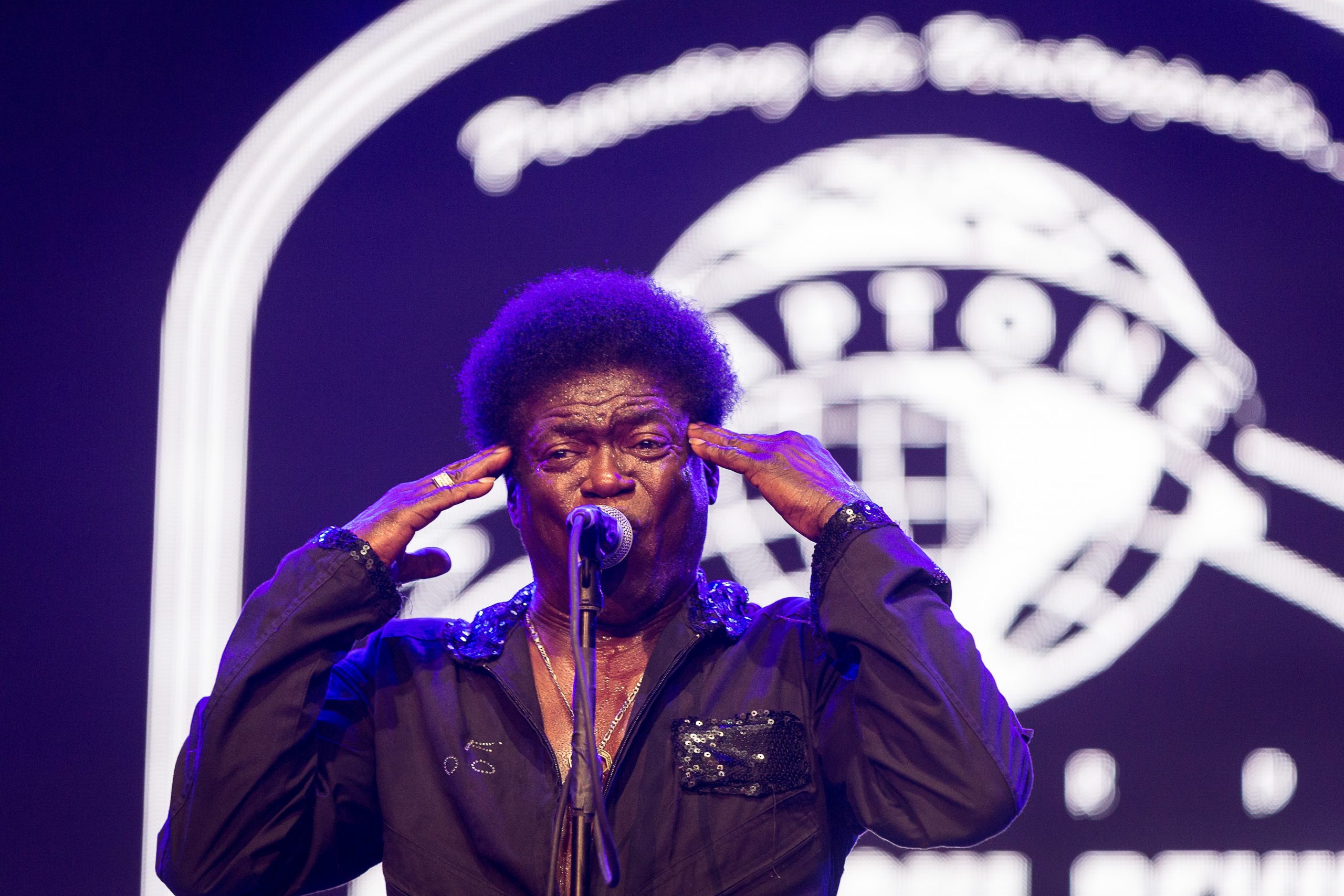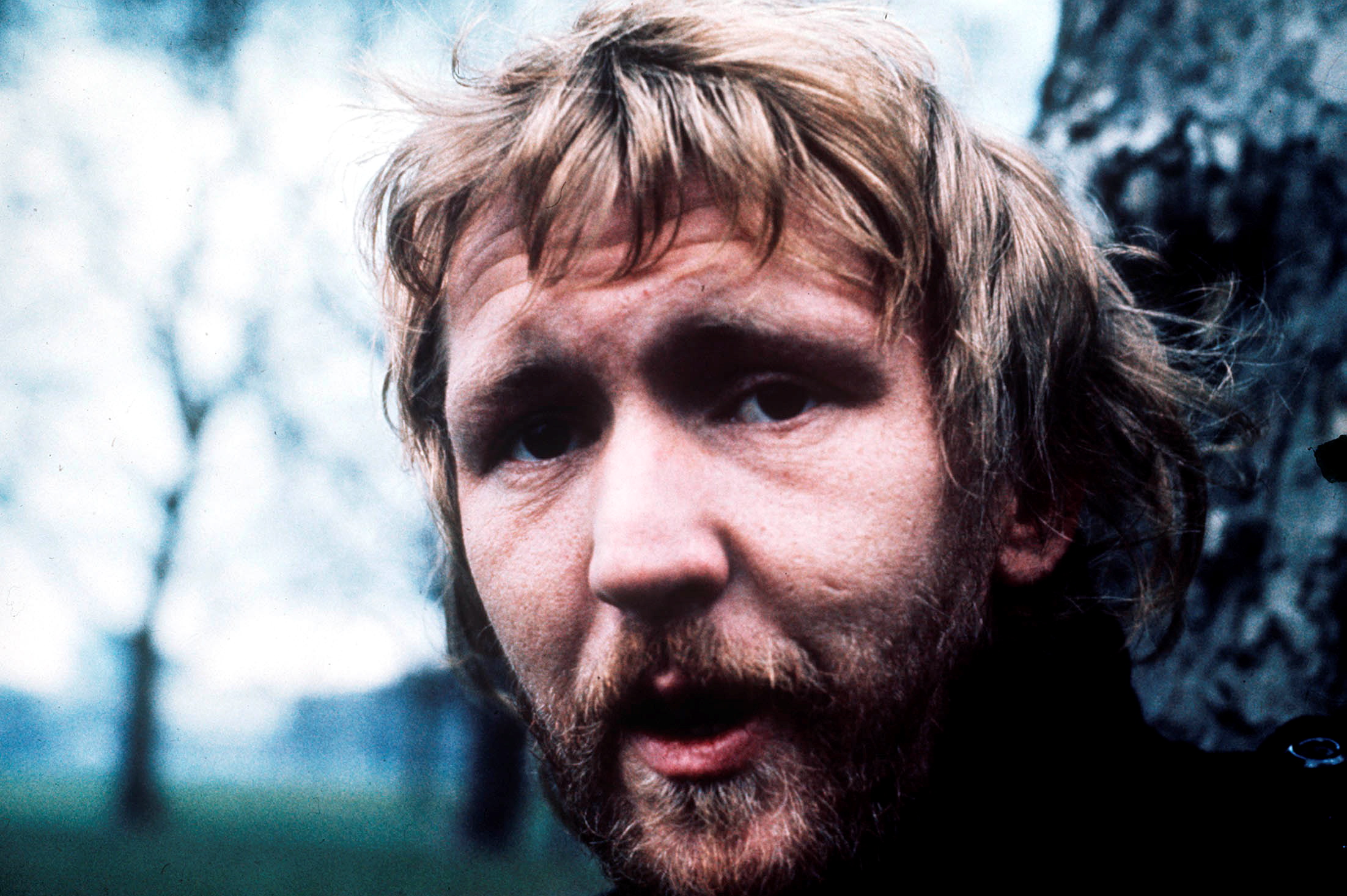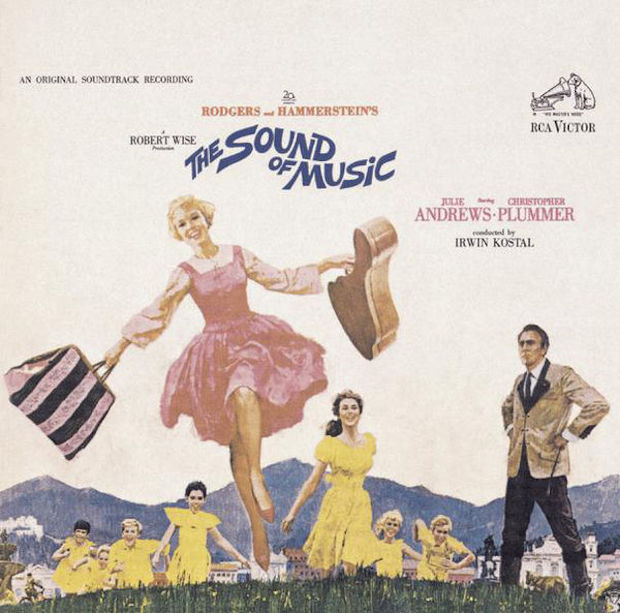Predicting the future of music is a dicey bet, even when you extend the footprint back a quarter-century. Ask me now what songs of the past two-and-a-half decades are going to keep getting covered and sampled and versioned and interpolated and otherwise made memetic long after we're gone, and I doubt I'd have a better answer than the one I'd have given back when I was 21 when I thought my generation would discard Toto and Journey once and for all. (Though at least my 21-year-old self would still be amped to know that, 20 years later, El-P and Orbital and Neko Case would still be putting out great albums.) Slate recently attempted to tackle this question with a package on "The New American Songbook," in which a bunch of writers tried to figure out what songs from 1993 onwards would stick with us the same way "Fly Me To The Moon" and "Mack The Knife" have.
The results were alternately dispiriting (do people really enjoy "Smooth" or do they just like to smarmily reference it?) and fascinating (a world in which Liz Phair's "Fuck And Run" somehow becomes a standard is a far better one than the hellworld we're stuck with now). But this very idea of a New American Songbook simultaneously has to account for what being part of a "songbook" could even mean for hip-hop -- a genre that never really standardized songs so much as breaks, lines, hooks, in-jokes, and regionalisms -- and reconcile the fact that it gave the listicle's top slot to the most wait, is this even hip-hop? smash of the list's 25-year purview.
OutKast's "Hey Ya!" is a solid choice, a two-way gateway both into a deeper catalogue and outside its earlier constrictions, even if I still feel like it can't and shouldn't definitively represent its artist (it's an Andre 3000 solo joint in all but billing), its era (it broke through because it sounded drastically unlike anyone's idea of 2003, then or now), and especially its genre -- since it kind of doesn't even really have one.
It is endlessly quotable, despite being a fool's errand to reproduce, though fools aren't the only ones that've tried. Musicians might catch on more distinctly than your average casual wait-for-the-hook listener as to the fact that it's a real paradox of a song, almost as famous for being deeply disillusioned and unhappy underneath its danceable sing-along surface as it is for anything else. (Do not play "Hey Ya!" at your wedding. There is literally a line about not knowing how to stick together, and another line wondering if love can't actually last forever.) Is it then impossible to actually cover "Hey Ya!" without making some kind of weird statement about covering "Hey Ya!"? I'm starting to wonder, and here's eight reasons why.
Supersuckers (2004)
https://youtube.com/watch?v=rNpJ_Bvzgi8
At the risk of sounding like I'm belittling them, the Supersuckers strike me as one of those "hey, I remember them" bands that being middle-aged sometimes dislodges from your memory, where looking at their Discogs page stirs up a series of "oh, right"s: They were signed to Sub Pop; they collaborated with Steve Earle and Willie Nelson; they released an album just over a month ago (titled Suck It). That's less a where-are-they-now sort of shrug than an acknowledgement that it's good there are still lifers doing their thing a few miles out of the hype cycle's blast radius, and I'll take "country-inflected garage-punk with an acknowledged debt to ZZ Top" as a positive example of what wound up surviving the '90s alt-splosion.
Not that there's anything super-revelatory or irreverent about their "Hey Ya!" cover, released as a limited-edition 12" in 2004. It just confirms what most people already suspected, that Andre 3000 hit crossover pay dirt like few other rappers actually have, in that a band like the Supersuckers could cover it and hardly change a thing, either about the original or themselves. (That said, singer Eddie Spaghetti doesn't even try the falsetto on the "nothing lasts forever" bit, which is one of those situations where a man presumably recognizes his limitations.)
Obadiah Parker (2006)
I don't want to harsh too much on this early viral sensation of a cover version just based on the reaction it continues to get to this day on its YouTube page, but damn: Nearly every comment that isn't some "Joe Rogan brought me here" redundancy is someone complimenting this cover version while missing the point of the original. Wow, I never realized the lyrics were sad! Good thing Mat Weddle played it like this so it could finally sound like it, too!
This isn't so much the New Sincerity as it is the Misplaced Sincerity, where the dissonant irony of a song is replaced with a do you see??? insistence on making its own point while missing the original's. The guy's got singing talent, but why is that talent put to draining all the subversion out of the song and also singing the "what's cooler than cool" part, who even does that?
Shawn Lee's Ping Pong Orchestra (2007)
But what if there were no lyrics at all? Is there still a good song when there's no shake-it-like-a-Polaroid-picture or I-just-wanna-make-you-comma? After all, most of the song's draw comes from the vocals, not just the deliberately mood-undermining lyrics but Dre's delivery, which alternates between throwback soul, future funk, and a series of frustrated panic attacks. Take the Bootsy Ramone out of it, and what's left besides the nodding locomotion of that backbeat and the noodly little cartoon analog synthesizers?
Shawn Lee was one of the first to give it a go that way, and dude's a walking encyclopedia of off-the-beaten-path pop styles, so he's a pretty trustworthy source for this inspired take: jazzing it up in subbing piano for the verse and harmonica for the chorus, like it's Horace Silver jamming with Toots Thielemans under the aegis of Quincy Jones in 1966. If you make a version that rids the original song of every emotion but aw-shucks affability, it's at least good to take the popular mistaken "what a fun party jam" interpretation to its intentional and logical conclusion.
Booker T. Jones (2009)
Now if you really want to examine the impact of the instrumental cover version and whatever dimensions it might add or subtract from its source material, you could always turn the dial back a few decades and check out Booker T. & The M.G.'s -- they pulled it off on the regular, when it was common practice for bands to release cover versions of songs that were still on the charts. This is a band that took Abbey Road and within a year had rearranged it entirely to fit in the Southern soul context that the post-psychedelic album-rock era was increasingly losing touch with.
So yeah, I think you could expect their organist/bandleader to pull it off just in the abstract sense of "does it still sound good?" especially when his backing band consists of the Drive-By Truckers with Neil Young sitting in on guitar (though they're all in chops-over-flash session player mode). The catch is that you're better off listening to that Hammond as its own thing and not an approximation of Andre 3000's delivery, because it's not nearly manic and energetic enough to do so.
Miley Cyrus (2014)
One of these days Miley Cyrus' career will have lasted long enough and receded far enough into the distance that someone will be able to definitively plot its development. It is then that maybe we'll be able to make some sense of it all -- from Disney teen TV pop star to Hollywood casualty to kinda-sorta quasi-hip-hop cartoon to psychedelic Wayne Coyne disciple to country-rock roots-finder to whatever the hell it is that Mark Ronson's bringing to the table for her next album.
I'm not going to go so far as to call her a cipher or anything, but I have a hard time keeping track of what it means for Miley Cyrus to cover OutKast when it's also hard keeping track of what it means for Miley Cyrus to be Miley Cyrus. I think with this version -- which goes kind of Laurel Canyon, and ladles the Fender Rhodes on thick -- mostly what I'm left with is the idea that we should get Stevie Nicks to cut this arrangement in the studio, and leave out the ironic-passive-aggressive live ad-libs that "this is supposed to be fun."
Postmodern Jukebox (2015)
If it wasn't claimed by a band, the phrase "postmodern jukebox" might be a good name for what popular music is now in the post-American Idol/Glee/The Voice/YouTube-viral-success era. It's not like it's as new and debilitating as some think-piece writers believe -- "people liking classic rock today is like people really being into Roaring Twenties and Depression-era music in the 1970s" is the kind of arm-crossing gripe you make when you overlook how big bluegrass, Delta blues, and the soundtrack to The Sting were back then.
The difference now is that artists might seem a bit more self-aware about it than they used to be, hence the idea of actually calling your covers band Postmodern Jukebox, which opens them up to deeper scrutiny from dopes like me who tragically listen to far too much music to be easily wowed by the mere idea of OutKast But Sixties. The execution's what matters, and if I can pry my fingers away from my temples thanks to the joyless-semantics core of my brain that screams out "this is far more Verve Records/cocktail bar vocal jazz than '60s soul," there's at least enough there for me to think about where arrangement and performance is concerned. And what I think is that slow and sultry doesn't work so well for it -- I'd rather hear a lot less Amy Winehouse and a lot more Tina Turner.
Sweater Beats & Kamau (2016)
A theoretical exercise: play "Hey Ya!" for someone who's never heard OutKast's first few albums before -- like your grandparents, or anyone who thinks Speakerboxxx/The Love Below is their best album -- and then play them "Southernplayalisticadillacmuzik" or "Elevators (Me & You)" or "Da Art Of Storytellin', Part 1." Then ask that person how OutKast went from there to "Hey Ya!" What was kept, what was discarded, what worked and what didn't in that transition from artful, spiritually immediate hip-hop into something more intricately strange and easier to emotionally misinterpret?
What would you reintroduce back into "Hey Ya!" to make it sound more like what OutKast could be if Big Boi and Andre 3000 never split their differences? Would it make overtures to throwback rave synths and wait-for-the-drop dynamics like this trap-style version does? Would Dre still take the leap of singing it himself, or would he give it to a more singin'-ass singer like Sleepy Brown or Cee-Lo? Would they drop in the "So Fresh, So Clean" snares? We'll never know, but this version makes it fun to pretend.
Weezer (2017)
I'm not worn out or lost for words or late for a train or anything. I just... can't. It's Weezer Doing A Cover In 2017. Congratulations! They won and/or broke the internet!
What does it sound like? It sounds like Weezer doing everything they can to exactly replicate a song they don't have the musical equipment, background, or chops to pull off. And the idea of even doing that breaks down in an effort to seem spontaneous and spur-of-the-moment, which only means they wind up omitting all the bantery "ice cold"/"Polaroid picture" bits that I figure their audience would've really liked to yell along with. But the crowd's singing along to all the other stuff, so mission accomplished, I guess. At least a few of the people in said crowd are probably far more capable of hitting that falsetto in the chorus than Rivers Cuomo is.
